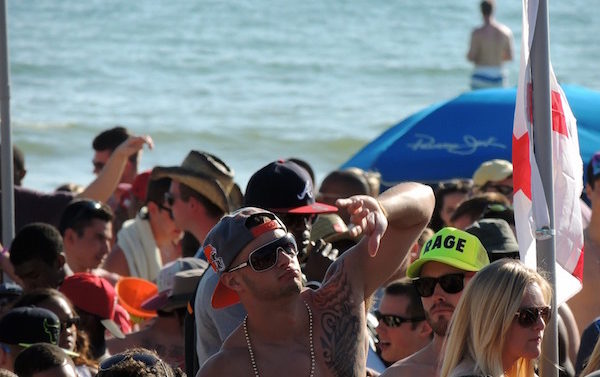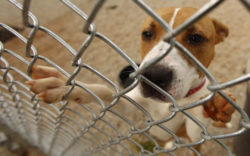UGA students who head for the beach this weekend may be at risk of being sexually assaulted—but no one keeps numbers on how often such assaults occur, and university officials are reluctant to discuss it.
“For a sexual predator, [spring break] would be the perfect place to find people who have lower inhibitions… A perfect storm,” said Sally Sheppard, director of The Cottage, a sexual assault and childrens advocacy center in Athens.
While she sees a spike of about 10 survivors more than usual post-spring break, the numbers to corroborate the amount of sexual assault that occurs during spring break are either non-existent, or the authorities just don’t want to discuss them. There is no database we could find of sexual assaults on spring break, and universities are only required to report allegations on or near campus.
We know they’re there. Sheppard doesn’t counsel as many students from the University of Georgia since the school amped up their victim services last year, so a small spike for her means the university can only have more, too.
If a student is sexually assaulted in another place, finding the perpetrator would be almost impossible, and “we can’t sanction someone in another place,” said Janyce Dawkins, director of the Equal Opportunity Office. She added that they see no spikes in reports in her office.
When asked if there are spikes in the number of survivors RSVP sees, Michele Passonno, the relationship and sexual violence prevention coordinator, said, “We don’t discuss that.” After being asked if she knows how sexual assaults that occur during spring break are recorded and where, Passonno said to contact the UGA police because, she said, “I’m not going to speak for them.”
After being transferred several times around UGA’s police department, Flagpole was told to contact Bob Taylor in the marketing and communications department. After exchanging emails about the topic of this article, Taylor stopped replying.
Aside from an annual week of raising awareness for a “safe spring break,” emphasis isn’t put on sexual assault awareness and education any more than any other time of year, Passonno said.
Most cities with major spring break destinations have a crisis center, though not all are tailored to sexual assault survivors. Panama City Beach in Bay County, FL is one of the most popular spring break destinations, and their Salvation Army crisis center was closed in 2015, leaving nowhere to go for survivors in the city.
Like what you just read? Support Flagpole by making a donation today. Every dollar you give helps fund our ongoing mission to provide Athens with quality, independent journalism.










